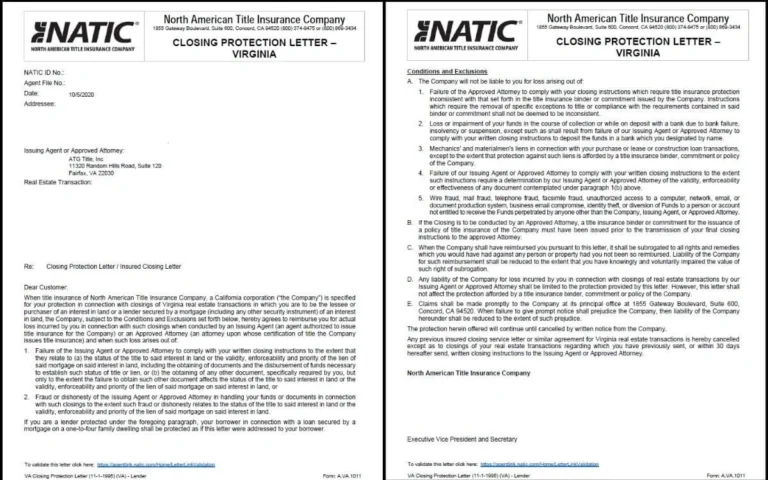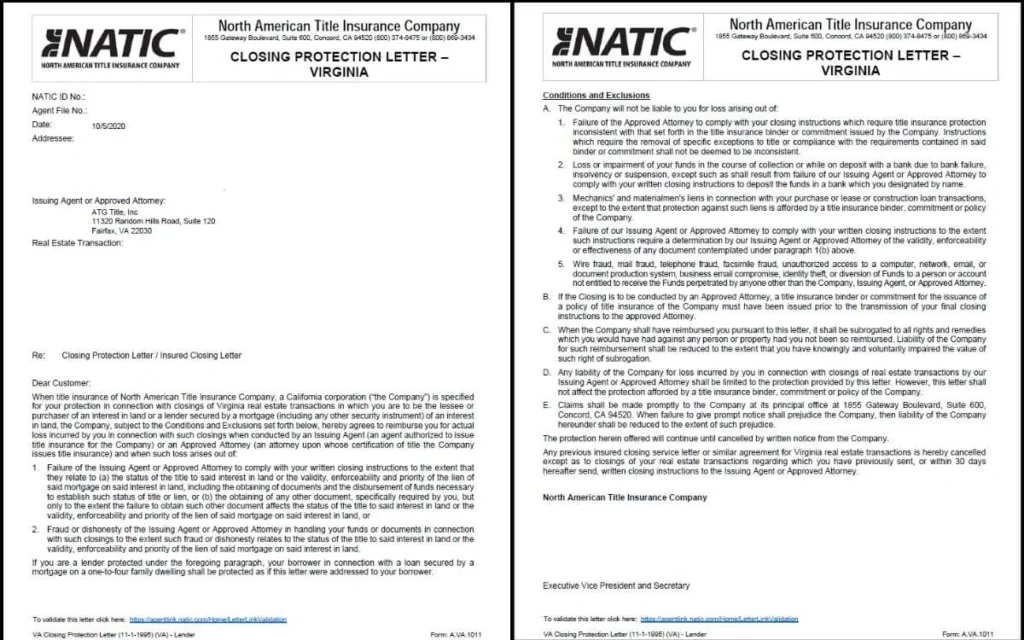CURE auto insurance reviews reveal a troubling pattern of customer complaints that should give potential policyholders serious pause. Despite controlling only about 1% of Michigan’s car insurance premium market, CURE accounts for a staggering 13% of all complaints filed with the Michigan Department of Insurance and Financial Services. In fact, the number of complaints against CURE has nearly quadrupled over the past two years in Michigan.
The situation looks equally concerning in New Jersey, where CURE ranked as the second-worst auto insurer based on consumer complaints in both 2022 and 2023. While the company markets itself as a budget-friendly option—requiring a substantial 25% upfront deposit on premiums—we’ve found that CURE insurance reviews consistently highlight problems with claims handling, which represented 77% of Michigan consumer complaints in 2022. Is CURE auto insurance good? The evidence suggests otherwise, with the company earning the second-highest “valid complaint ratio” in New Jersey and ranking third among Michigan’s 85 largest auto insurers for complaints in 2023.
In this comprehensive review, we’ll examine what’s behind these alarming statistics, uncover the hidden costs beyond CURE’s advertised rates, and help you determine if the promised savings are worth the potential headaches.
CURE Auto Insurance in 2025: What They Promise vs. What You Get
Founded in 1990 by former New Jersey Insurance Commissioner James Sheeran and insurance expert Dr. Lena Chang, CURE Auto Insurance entered Michigan’s market in July 2021. The company presents itself as a not-for-profit insurer with a mission to provide fair rates based primarily on driving records rather than socioeconomic factors.
Company background and mission
CURE stands for Citizens United Reciprocal Exchange and was originally heralded as the “cure” for New Jersey’s auto insurance crisis. The company adamantly positions itself against using credit scores, education levels, or occupation to determine rates. According to their marketing materials, CURE “cares mostly about how well you drive” and refuses to adopt what they call “discriminatory income rating factors”. Their expansion into Michigan coincided with the state’s no-fault reforms in 2021.
Marketing claims vs. customer experience
CURE portrays itself in advertisements as “Michigan’s No. 1 car insurance” company based on its growth trajectory. They’ve secured high-profile sponsorship deals with Detroit sports teams and feature Lions quarterback Jared Goff and Tigers pitcher Tarik Skubal in advertising campaigns. The company also claimed its studies projected “savings of up to 50% from Michiganders’ current rates”.
Nevertheless, this marketing narrative starkly contrasts with customer experiences. Although CURE was recently named to Forbes’ list of America’s Best Insurance Companies for 2025, state records show a troubling pattern. CURE holds merely 0.9% of Michigan’s $12.10 billion auto insurance market, yet has generated a disproportionate share of customer complaints.
Is CURE Auto Insurance good for Michigan drivers?
The evidence suggests issues for Michigan policyholders. Customer complaints against CURE skyrocketed by 512% between 2022 and 2024, significantly outpacing their 144% revenue growth during the same period. By 2024, CURE had Michigan’s second-highest customer complaint total (263), despite being only the 17th largest insurer in the state.
Additionally, CURE requires Michigan drivers to pay a substantial 25% “deposit” on top of their premium. This practice, combined with their claims handling approach, has led Michigan Auto Law to explicitly state that “Cure auto insurance is not good for Michigan drivers”. Consequently, CURE’s promise of affordable rates appears to come with considerable hidden costs and potential frustrations.
Hidden Costs You Should Know About
Behind CURE’s advertised rates lie several hidden costs that potential policyholders should carefully consider. These financial and coverage surprises often catch customers off guard when they’re least expecting it.
25% upfront deposit on premiums
What many consumers don’t realize until they’ve begun the application process is that CURE requires a substantial “surplus contribution” fund deposit. This mandatory payment equals 25% of a customer’s initial base premium. For example, one Michigan policyholder paid $146 deposit on top of his $583 base premium, bringing his total six-month cost to $729. CURE claims this deposit is refundable if customers leave the company, yet this requirement substantially increases the initial out-of-pocket expense for new policyholders.
Lack of physical offices until 2023
Until recently, CURE operated in Michigan without any physical locations. The company began serving Michigan drivers in July 2021, but didn’t open its first office until 2023 – over two years later. This Detroit office, located in Bedrock’s The Icon building on the east riverfront, finally gave policyholders a physical location to discuss claims or policy questions. Previously, customers had to rely exclusively on phone or online communication, which proved particularly challenging for those with complex claims issues.
Low PIP coverage recommendations
Furthermore, CURE promotes basic policies with minimum Personal Injury Protection (PIP) coverage of just $15,000. This represents a dramatic reduction from the $250,000 PIP coverage that was standard before Michigan’s auto insurance reforms. Their policy applications specifically warn that “The PIP Medical Expense Coverage for a BASIC POLICY is significantly less than previously required by law”. Such limited coverage could leave policyholders financially vulnerable after even moderate accidents.
Discouraging uninsured/underinsured motorist coverage
Particularly concerning is CURE’s approach to uninsured/underinsured motorist coverage. This vital protection covers medical expenses when you’re hit by a driver without adequate insurance. Given that Oklahoma’s percentage of uninsured motorists is among the highest nationally, similar problems exist in Michigan. Nonetheless, CURE appears to minimize this coverage’s importance, potentially leaving policyholders exposed to significant financial risk should they be involved in an accident with an uninsured driver.
Claims Denial Tactics and Policy Rescission
Image Source: DJC Law
Examining CURE’s claims handling practices reveals troubling patterns that explain their high complaint rates. For policyholders who’ve experienced accidents, the company’s denial tactics often create additional hardships beyond their crash-related challenges.
Medical necessity denials and DIFS reversals
CURE routinely rejects claims by overriding treating physicians’ determinations. In multiple documented cases, CURE refused to pay for treatments their own reviewers deemed “not medically necessary.” Subsequently, Michigan’s Department of Insurance and Financial Services (DIFS) has repeatedly reversed these denials. In one case, CURE denied payment for a spinal surgical procedure that a board-certified neurosurgeon with 30 years of experience later confirmed was medically necessary. Even more concerning, CURE rejected physical therapy for a 12-year-old accident victim who had undergone multiple surgeries and could barely move.
Rescinding policies after claims are filed
Following accidents, CURE frequently employs a tactic whereby it takes possession of damaged vehicles, then retroactively rescinds policies based on alleged application misrepresentations. Essentially, CURE obtains vehicle ownership before completing claim investigations—contradicting Michigan law, which requires insurers to pay claims before taking vehicle titles. This practice has been described by consumer advocates as “almost like a bait-and-switch”.
Using ‘failure to cooperate’ to deny claims
Moreover, CURE aggressively employs “cooperation provisions” as justification for denials. Michigan attorneys report that CURE is “increasingly aggressive” in using this tactic compared to other insurers. In one instance, CURE denied a claim after a policyholder refused to surrender his cell phone for complete inspection.
Real examples from consumer complaints
Jamie Harris experienced this firsthand when CURE instructed her to transfer her Range Rover’s title after declaring it a total loss. Thereafter, CURE denied her claim, kept her vehicle, and even listed it for sale online. Similarly, Nameer Loussia signed over his damaged Jeep to CURE, which then denied his claim, sold his vehicle at auction for $27,000, and kept the proceeds for 10 months.
Complaint Ratios and Legal Red Flags

Image Source: FreeAdvice
The statistics surrounding CURE’s complaint record paint a concerning picture of the company’s customer relations. What truly sets this insurer apart from competitors isn’t just its low rates, but its remarkably high dissatisfaction levels.
CURE’s complaint index in Michigan and New Jersey
Consumer complaints against CURE jumped 48.66% from 150 in 2023 to 223 in 2024. Notably, CURE has the second-highest number of consumer complaints among Michigan’s 82 largest auto insurers, despite being only the 16th largest in the state. In New Jersey, CURE ranked as the second “worst” auto insurer based on valid complaint ratios in both 2022 and 2023, even though it was merely the 15th largest auto insurer.
Lawsuits and legal discovery trends
Since 2022, CURE has been sued 601 times by motorists, car repair shops, and medical providers in Michigan’s Macomb, Oakland, and Wayne counties. Curiously, this exceeds the number of lawsuits filed against several larger insurers like Auto-Owners and Liberty Mutual. One attorney indicated that CURE is rescinding policies at approximately 1.5 customers daily.
CURE auto insurance reviews BBB and consumer reports
CURE currently holds an F rating from the Better Business Bureau, with 226 complaints filed against the business. Furthermore, 14 complaints remained unresolved, indicating systemic issues with customer satisfaction.
Targeting vulnerable populations with low-cost ads
CURE heavily advertises in cities with numerous low-income drivers, including Detroit, Flint, and Battle Creek. The company has secured sponsorship deals with the Pistons and Tigers, featuring Detroit sports stars in their advertising campaigns.
Conclusion
After examining the evidence, CURE Auto Insurance presents a troubling case of misleading marketing claims that mask serious operational problems. Despite their promise of fair rates based primarily on driving records, the alarming complaint statistics tell a different story. The company’s disproportionately high complaint rates – accounting for 13% of Michigan complaints while holding just 1% of market share – certainly raise red flags for any potential customer.
The 25% upfront deposit requirement stands as perhaps the most immediate hidden cost, effectively increasing your initial payment substantially beyond the advertised rates. Additionally, their concerning approach to PIP coverage recommendations could leave you dangerously underprotected after an accident.
What worries me most, however, are CURE’s claims handling practices. Their pattern of denying physician-recommended treatments, retroactively rescinding policies after claims are filed, and aggressively using “failure to cooperate” provisions reveals a company seemingly focused on avoiding payouts rather than serving policyholders. The real-world examples of customers losing their vehicles while simultaneously having their claims denied highlight a particularly troubling business practice.
CURE’s F rating from the Better Business Bureau undoubtedly confirms these systemic issues. Though the company markets itself as a budget-friendly alternative for drivers, especially those in lower-income areas, the potential savings appear to come at a significant cost in terms of coverage quality and claims reliability.
Based on the evidence presented, you should think twice before choosing CURE Auto Insurance. The promised savings might seem attractive initially, but the risk of claim denials, policy rescissions, and customer service frustrations could ultimately cost you far more than you save. Your peace of mind after an accident might well be worth the higher premiums charged by insurers with better customer satisfaction records and claims handling practices.














